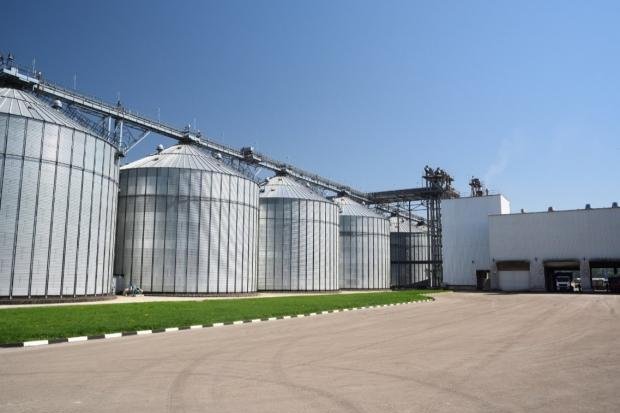Most of the world's largest meat and dairy companies have not explicitly committed to net-zero emissions by 2050, according to a new study. Photo by AlexeyBorodink/Getty Images
March 29 (UPI) -- Out of 35 of the world's largest meat and dairy companies, only four committed to net-zero emissions by 2050, according to a study by researchers from New York University published this week in the journal Climate Change.
The four were Dairy Farmers of America in the United States, Nestle in Switzerland, Danish Crown in Denmark and Danone in France.
Still, even those four commitments lack enough force to fully address the issue, researchers said.
"If you look at the individual companies, and how they claim to be working on climate change, their mitigation efforts focus on carbon dioxide, which is a small fraction of their emission across their supply chains," researcher Sonali McDermid said in a press release.
"They should be talking about methane, which is the more potent greenhouse gas, especially when it comes to cows," said McDermid, an associate professor in NYU's department of environmental studies.
According to the study, JBS, in Brazil, and Tyson and Cargill, both in the United States, are the three companies with the largest emissions.
Companies based in New Zealand, Denmark and Switzerland make up the largest proportion of future emissions as a portion of total target emissions under the Paris Climate Agreement.
In particular, the study showed that if Nestle, in Switzerland, and Fonterra, in New Zealand, continue their existing practices each will make up over 100 percent of their country's emission targets by 2030.
It also showed that less than half of 16 countries home to big meat and dairy companies made explicit reference to direct and indirect emissions of animal agriculture in their Paris climate commitments.
"Large meat and dairy companies are not doing enough to tackle climate change, and countries are not doing enough in terms of holding them accountable," said study co-author Jennifer Jacquet, an associate professor in NYU's department of environmental studies.
The researchers also analyzed the political influence of the 10 largest meat and dairy companies in the United States.
They found that Tyson and National Beef engaged on the issue of climate change the most, but also contributed to research that minimized the link between animal agriculture and climate change.
"The largest meat and dairy companies in the U.S. have spent a considerable amount of time, money and effort into downplaying the link between animal agriculture and climate change, and into fighting climate policy more generally," study co-author Oliver Lazarus said in a statement.
"Documenting their influence in this area is critical to understanding the failure of the U.S. government to adequately address climate change," said Lazarus, a graduate student at the time of the study and currently a doctoral student at Harvard University.















